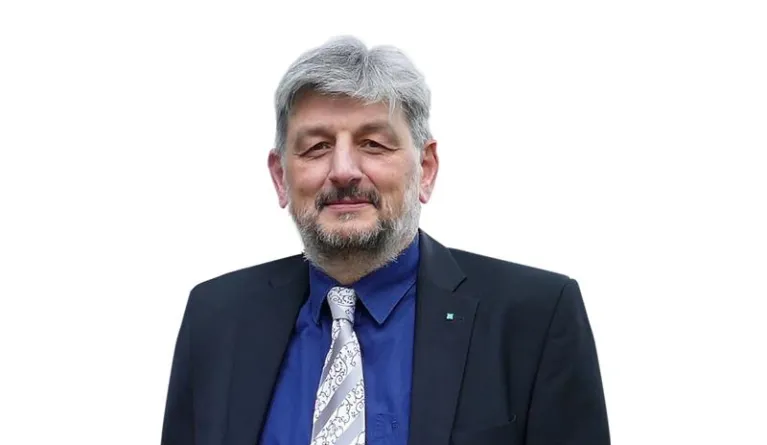Prof. Dr.-Ing. Nikolay Avgustinov
Nikolay Avgustinov, born in 1960, began his scientific career studying mechanical engineering at Sofia Technical University. He graduated as an engineer in 1985 and was subsequently employed as a research assistant at Sofia Technical University.
In 1992 Avgustinov joined the Chair of Manufacturing Technology/CAM and the Centre for Innovative Production at Saarland University as a research assistant. In 1997 he received his doctorate in engineering, followed in 2007 by a habilitation on intelligent software models in mechanical engineering and mechatronics. He then taught as a privatdozent at Saarland University.
Further professional stations followed from 2008 to 2012 at the Saarbrücken Fraunhofer Institute for Non-Destructive Testing and the engineering services company I-Deal Technologies in Saarbrücken.
From 2012 until joining PFH in April 2014, Avgustinov worked as an independent management consultant for high technology transfer and innovation management.
Work and research interests
- Rapid prototyping (3D printing, selective laser sintering/melting, laser powder deposition welding etc.)
- Three-dimensional (3D) technologies: modeling, simulation, visualization, geometry acquisition (3D scanning), virtual/augmented reality
- Automation (CNC, robotics) and optimization of production processes
- Cyber-Physical Systems in Manufacturing, Factory Automation, Quality Control and Maintenance
- Serial production of composite materials
- Intelligent materials, products and processes
- Novel manufacturing technologies
- Web-enabled, intelligent training documents and methods
- Remotely controlled processes (remote diagnosis, remote control, remote maintenance, remote support, repair and collaboration)
Visions and objectives
- Lean Virtual Factory, that is accessible to everyone and easy to learn/use enables the simulation of all processes of the product life cycle and the use of the simulation offers provides simulation results for learning and optimization is modular, expandable and adaptable.
- Develop affordable research tools
- Systematize and innovatively develop technologies
- Support of teaching through new, interactive teaching media with higher expressiveness that can be used everywhere (also mobile) (4-dimensional media)
- Expansion of the university's partnerships with industrial companies, other universities and research institutions (also internationally)
- Finding synergies and making multiple use of their effects
